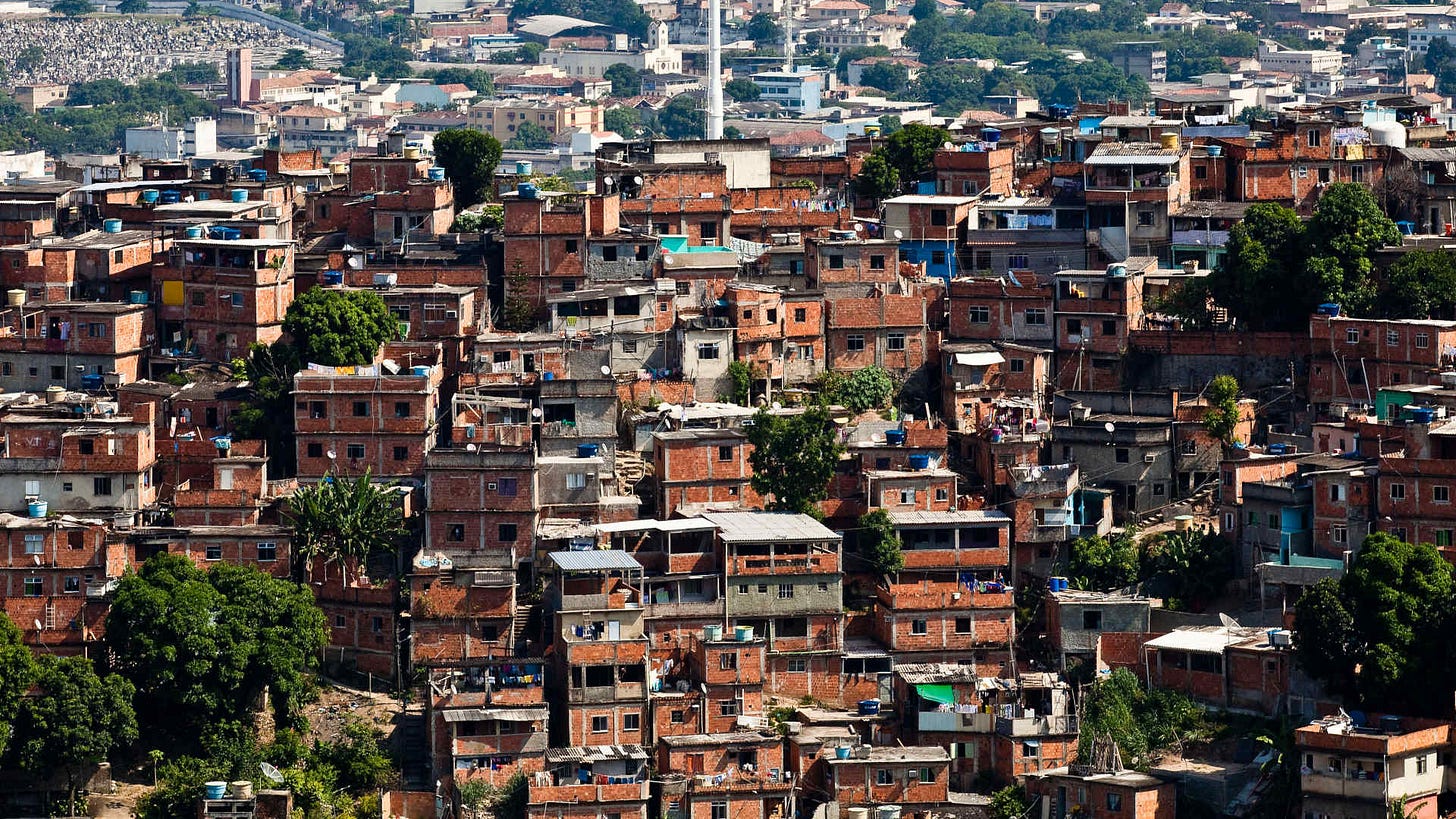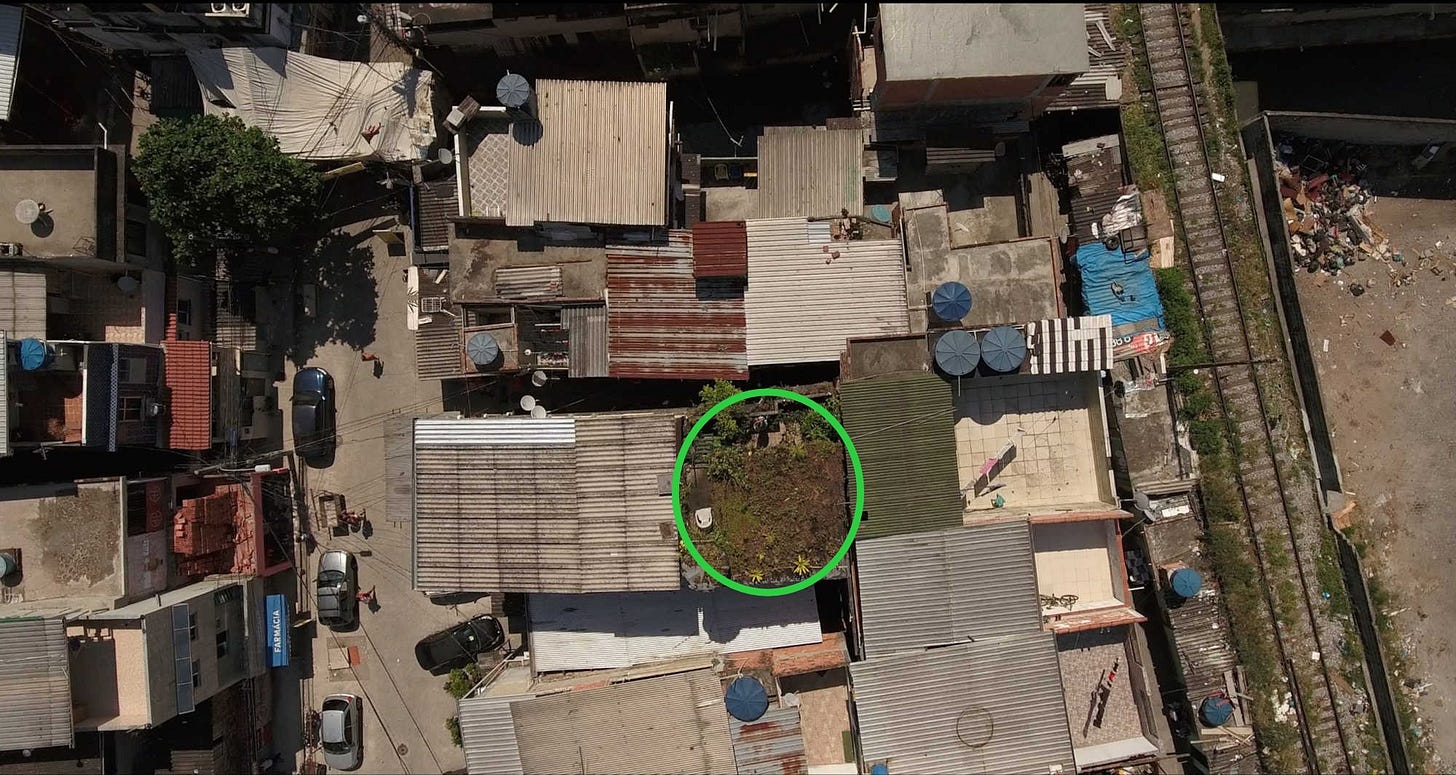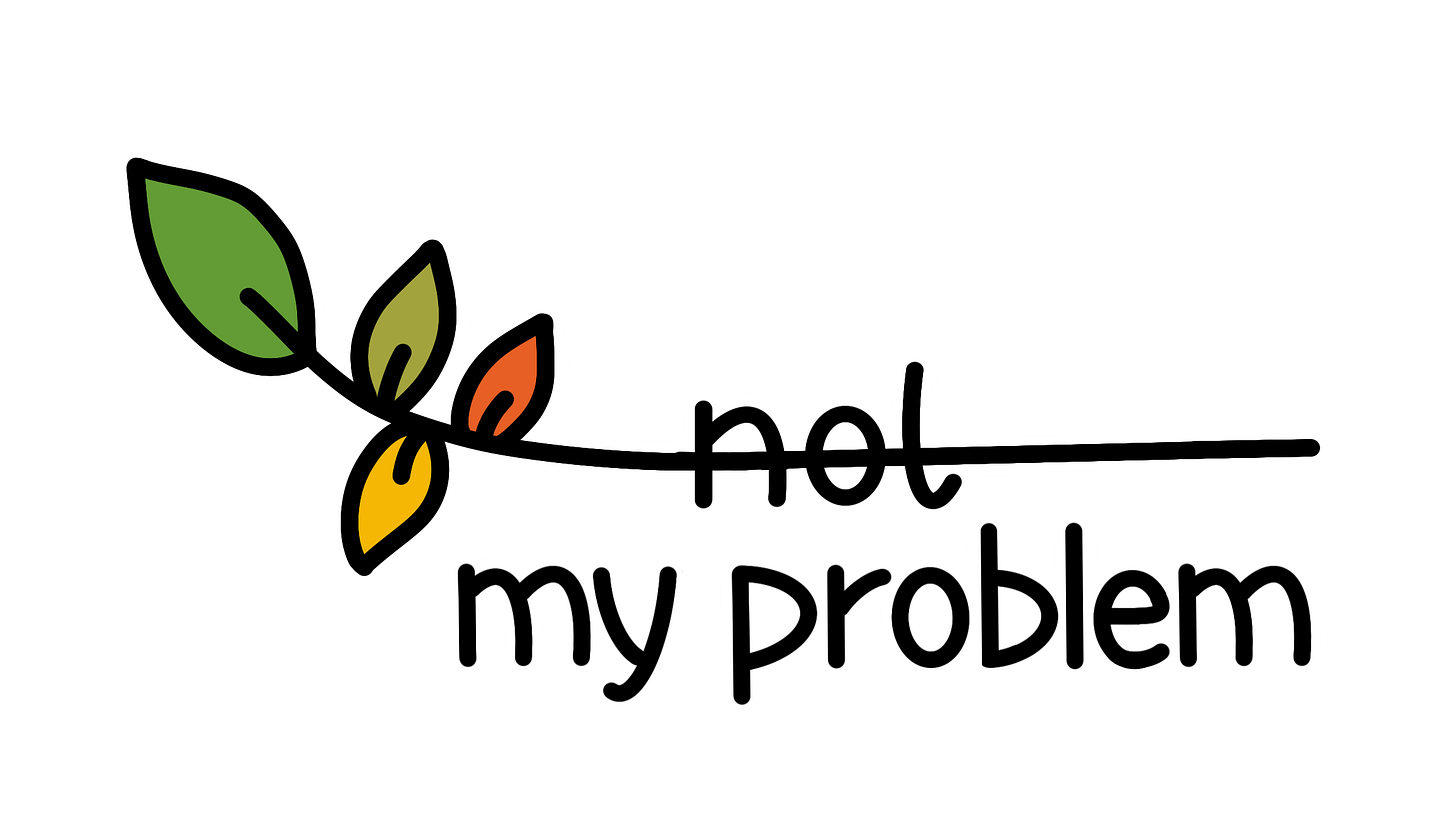A Genius Way to Tackle Heat in Low-Income Communities
It's Sustainable, Affordable and Cool
Today’s eco snapshot👇🏽
A Genius Way to Tackle Heat in Low-Income Communities
Startup of the Week: VM Agritech
5 Sustainable Brands I Recently Discovered
News That Lifted My Spirits This Week
3 Ways I Can Support Your Sustainability Journey
🏠 A Genius Way to Tackle Heat in Low-Income Communities
Towards the end of 2023, I wrote an article for Commons, The Shade Wealth Gap: Trees are Indicators of Wealth Disparity. The article explores how cities face inequality not just in income and housing, but also in tree coverage. Wealthier and predominantly white neighborhoods typically enjoy more greenery and, consequently, cooler temperatures.
This disparity exists globally.
In Brazil, thousands of miles south of the US, favelas — impoverished urban neighborhoods similar to slums — face the same challenge.

As global temperatures rise, favela residents are particularly vulnerable to extreme heat. This leads to increased rates of dehydration and heat stroke, worsens chronic health conditions like respiratory disorders, impairs brain function, and can even cause death.
Green roofs, a concept perfected in Germany during the 1960s and 1970s, offer a sustainable and affordable solution to combat this heat. But traditional green roofs are both heavy and expensive.
Luis Cassiano, a favela resident, partnered with a civil engineer studying green roofs for his doctoral thesis. Together, they set out to develop a safe and affordable version for favela homes.

After 10 years of collaboration, they created a lightweight, cost-effective green roof solution specifically designed for favela residents.
Their design uses Spanish moss, kalanchoe, and other tropical succulents, arranged in bidim — a lightweight polyester geotextile made from recycled drink bottles.
This system absorbs less heat than typical favela roofing materials like asbestos tiles and corrugated steel sheets, which readily conduct heat.
The sustainable design enables evapotranspiration — a cooling process where plant roots absorb water and release it as vapor through their leaves, similar to human sweating.
These plant-covered roofs provide additional benefits: reducing noise pollution, improving building energy efficiency, preventing flooding through reduced stormwater runoff, and helping ease anxiety.
An innovative solution that's affordable, sustainable, and refreshingly cool.
⌛ Time for the quiz of the week
Answer at the end of the newsletter. No one (including me) can see your response so feel free to vote 😉
✨ Startup of the Week: VM Agritech
The chemicals that we use to protect our crops are impacting human health and the planet. This AgTech company has a solution…
Crop Crisis…In an ideal world, we would grow crops organically without chemicals. However, reality presents different challenges. With a growing population and limited farmland, we're forced to clear forests to create more agricultural space. To protect these crops, we rely on chemical treatments to control pathogens. Unfortunately, these chemicals are toxic to humans and seep into waterways and soil, harming other species in the process.
Copper Crusader…On top of that, pathogens are becoming smarter. They are developing resistance to these chemicals, defeating the entire purpose of their use. VM Agritech has developed a patented solution for that. It’s a simple copper-based fungicide called Curezin.
Interested in diving deeper into the solution? Check out the CEO's interview hereFungal Fighter…Copper has been used for centuries with little sign of resistance. But too much copper can be toxic as well. VM Agritech has managed to find a formulation that uses just enough copper to kill the pests without hurting everything else around it. Plus, it performs better than existing solutions.
✅ 5 Sustainable Brands I Recently Discovered
Earthletica: Uses old water bottles and fishing nets to make activewear products.
Arborea: Industrializing the photosynthesis process to solve the food shortage problem.
AIZOME: Uses a toxic-free dyeing method for apparel.
Fermoscapes: Works with 200+ skilled artisans to build sustainable home decor products.
Carbon Crusher: Solving the climate crisis by repairing our roads.
😹 News That Lifted My Spirits This Week
While Africa's solar capacity has grown impressively since 2014, a staggering 75% of off-grid solar products in sub-Saharan Africa are non-functional. To address this, SolarAid is leading an innovative solution by training local "solar entrepreneurs" in Zambia and Malawi to repair broken solar devices, creating jobs while extending equipment lifespan. This repair-first approach could serve as a valuable model for developed nations, where replacement is the go to solution.
The state of Quebec in Canada is taking a bold step towards zero-emission vehicles with a comprehensive ban on new gas-powered vehicles by 2035. The regulation will gradually phase out internal combustion engine vehicles, with strict restrictions starting January 1, 2034, ultimately prohibiting the sale of all non-ZEV vehicles, including hybrids, by the end of 2035.
Australia hit a major milestone in its clean energy transition during Q4 2024, with coal power dropping below 50% of the electricity mix for the first time. This shift was driven by an impressive 18% increase in rooftop solar generation, leading to record low grid demand across multiple states while renewables supplied a record 46% of the National Electricity Market.
💁🏼 3 Ways I Can Support Your Sustainability Journey
If you’re a planet-friendly brand, I can help you with your blogs, newsletters, case studies, and whitepapers. Here’s some of my recent work
If you would like to chat about anything related to sustainability and climate change, you can book a free call
Do you want to be featured in this newsletter and on LinkedIn, where I write impactful stories (almost) every day? Just reply to this email and I will send you the details
Give that 💚 a little tap if this edition helped you learn something new about sustainability and climate change. See you next week :)





